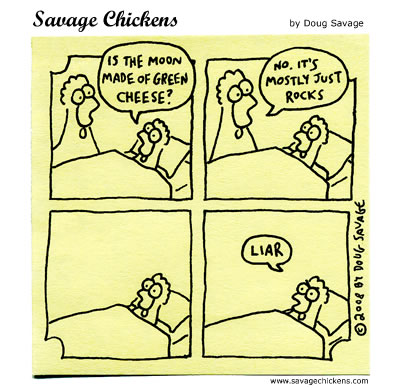Some years ago, my son got quite sick, so I took him to the doctor. The doctor did what doctors do: sent my son for some tests, looked at some books, spoke on the phone, drank some tea, and finally came with a diagnosis and recommendation for a treatment. Both I didn’t agree with.
I have found that in most cases, even in areas I don’t know much about, I can follow someone’s line of thinking and resonating by asking questions on the reasoning process itself rather than on the subject. So although I knew very little about medicine, I felt doubts about the doctor’s conclusions, and challenged her.
At first she turned defensive – nearly aggressive -- and insisted she was right. But when I asked her to sign a statement making herself personally liable in case her diagnosis was proven wrong, her conviction somewhat diminished, and she was willing to explore alternatives. In the end, we agreed that her original conclusion was wrong.
There are two conclusions we can draw from this short story. First, anyone – even an expert – can be wrong, and when important matters are at stake, we must use our own judgment rather than follow any advice blindly. Second, unless you are of the suicide bomber type, willing to sacrifice your life for your unquestionable beliefs, you should always question your own convictions.
How sure are you when you are sure of something? Is there the slightest possibility that you might be wrong after all? What consequences are you willing to accept if found wrong?
How sure are you when you are sure of something? Is there the slightest possibility that you might be wrong after all? What consequences are you willing to accept if found wrong?
The first step to tolerance and understanding is to admit that as confident we might be, we might still be wrong. Is there anything you know beyond a shadow of a doubt?

1 comment:
i gave up doctors long time ago and put my health in my own hand.
you're right. anybody can be wrong, especially doctors (why did i say that?), which is very unfortunate, because we could not really tell how many people they kill each years, and how much money they took from people.
Post a Comment